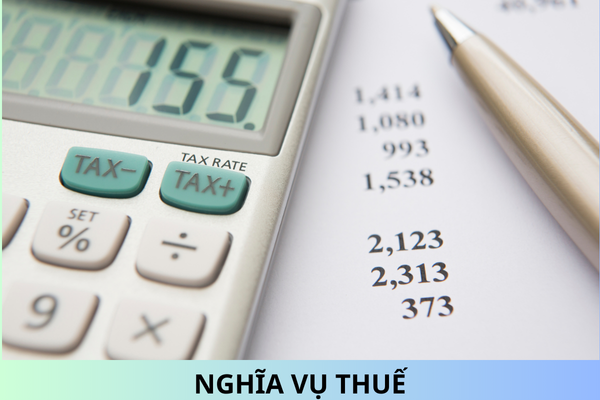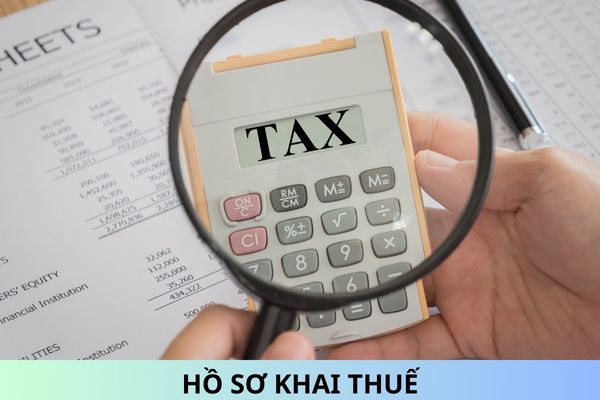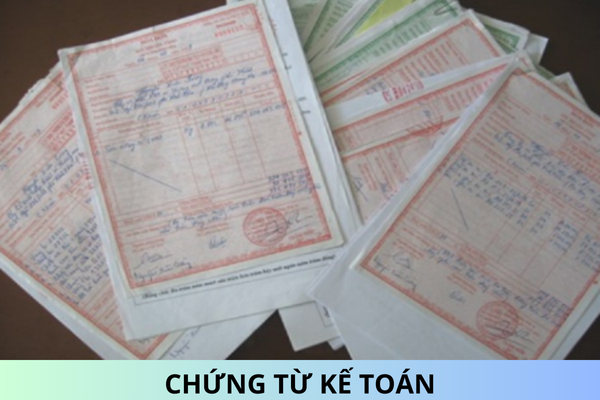Publication of 5 Vietnamese Public Sector Accounting Standards - Phase 3 of 2024
Publication of 5 Vietnamese Public Sector Accounting Standards - Phase 3 of 2024
On June 14, 2024, the Minister of Finance of VIetnam issued Decision 1351/QD-BTC of 2024 announcing the 5 Vietnamese Public Sector Accounting Standards - Phase 3. The 5 Vietnamese Public Sector Accounting Standards - Phase 3 include:
[1] Vietnamese Public Sector Accounting Standard No. 03 “Accounting Policies, Changes in Accounting Estimates, and Errors”
[2] Vietnamese Public Sector Accounting Standard No. 04 “Effects of Changes in Foreign Exchange Rates”
[3] Vietnamese Public Sector Accounting Standard No. 19 “Provisions, Contingent Liabilities, and Contingent Assets”
[4] Vietnamese Public Sector Accounting Standard No. 32 “Service Concession Arrangements – Grantor”
[5] Vietnamese Public Sector Accounting Standard No. 43 “Leases”

Publication of 5 Vietnamese Public Sector Accounting Standards - Phase 3 of 2024 (Image from the Internet)
What is an accounting standard according to the law in Vietnam?
According to Article 7 of Accounting Law 2015 on accounting standards and the code of ethics for accountants:
Article 7. Accounting Standards and Code of Ethics for Accounting Profession
- Accounting standards consist of basic regulations and accounting methods for preparing financial statements.
- The code of ethics for the accounting profession includes regulations and guidelines on principles and contents for applying professional ethics standards for accountants, practicing accountants, enterprises, and units providing accounting services.
- The Ministry of Finance prescribes the accounting standards and code of ethics for the accounting profession based on international accounting standards suitable for the specific conditions of Vietnam.
Thus, accounting standards include basic regulations and accounting methods for preparing financial statements. The Ministry of Finance prescribes accounting standards based on international accounting standards suitable for the specific conditions of Vietnam.
What are prohibited acts in accounting in Vietnam?
Based on Article 13 of Accounting Law 2015, the following acts are prohibited in accounting:
- Falsifying, misrepresenting or conspiring, coercing others to falsify, misrepresent, or erase accounting documents or other accounting materials.
- Intentionally conspiring or coercing others to provide or confirm false accounting information or data.
- Keeping assets and liabilities of the accounting unit or related to the accounting unit off the books.
- Destroying or intentionally damaging accounting documents before the end of the prescribed retention period.
- Issuing, publishing accounting standards, accounting policies without proper authority.
- Bribing, threatening, repressing, or coercing accountants to perform accounting tasks not compliant with regulations.
- Individuals responsible for managing and operating accounting units concurrently performing accounting, warehouse, or treasury duties, except for sole proprietorships and limited liability companies owned by a single individual.
- Arranging or hiring individuals for accounting, chief accountant positions who do not meet the standards and conditions specified.
- Renting, borrowing, renting out, or lending accountant certificates or public accounting service practice certificates in any form.
- Creating two or more systems of financial accounting records or providing, publishing financial statements with inconsistent data in the same accounting period.
- Conducting accounting services business without being granted the Certificate of Eligibility to conduct accounting services or practicing accounting services without meeting the required conditions.
- Using the term “accounting services” in the enterprise's name if more than 6 months have passed since the Certificate of Business Registration was issued and the Certificate of Eligibility to conduct accounting services has not been obtained, or the enterprise has ceased to operate accounting services.
- Hiring individuals or organizations that do not meet the practice or business conditions for accounting services to provide accounting services for their units.
- Practicing accountants and accounting service enterprises collaborating or conniving with customers to provide or confirm false accounting information or data.
- Other prohibitions according to the law on anti-corruption in accounting activities.










